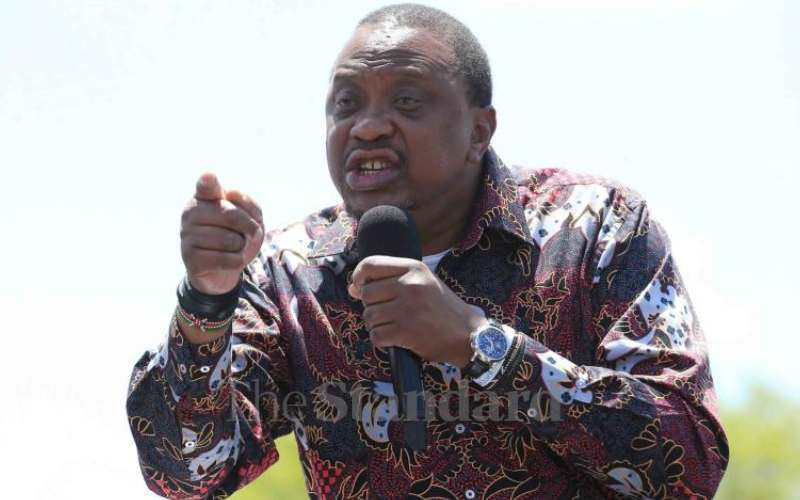×
The Standard e-Paper
Smart Minds Choose Us

President Uhuru Kenyatta signs out of office having nearly doubled the country’s annual budget as he pursued mega projects and grew the size of the economy amid continued corruption.
The President has overseen a Sh24.27 trillion budget in nine financial years, and led in planning the Sh3.31 trillion budget that will be his successor’s duty to spend in steering the country forward.







